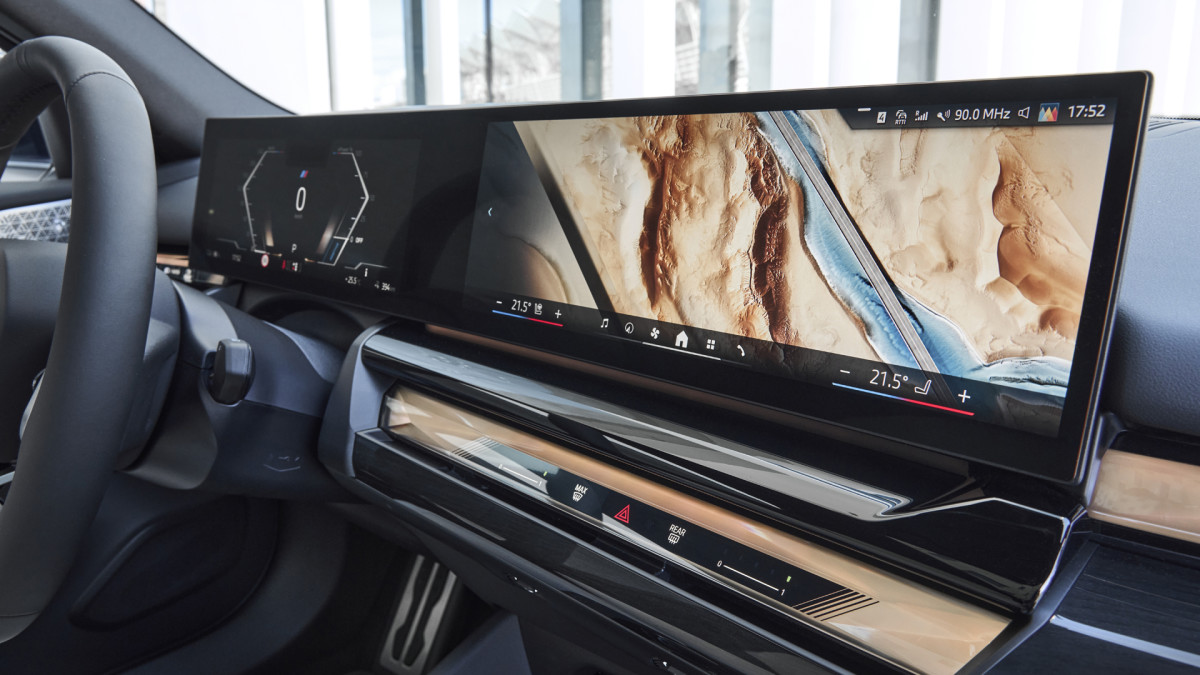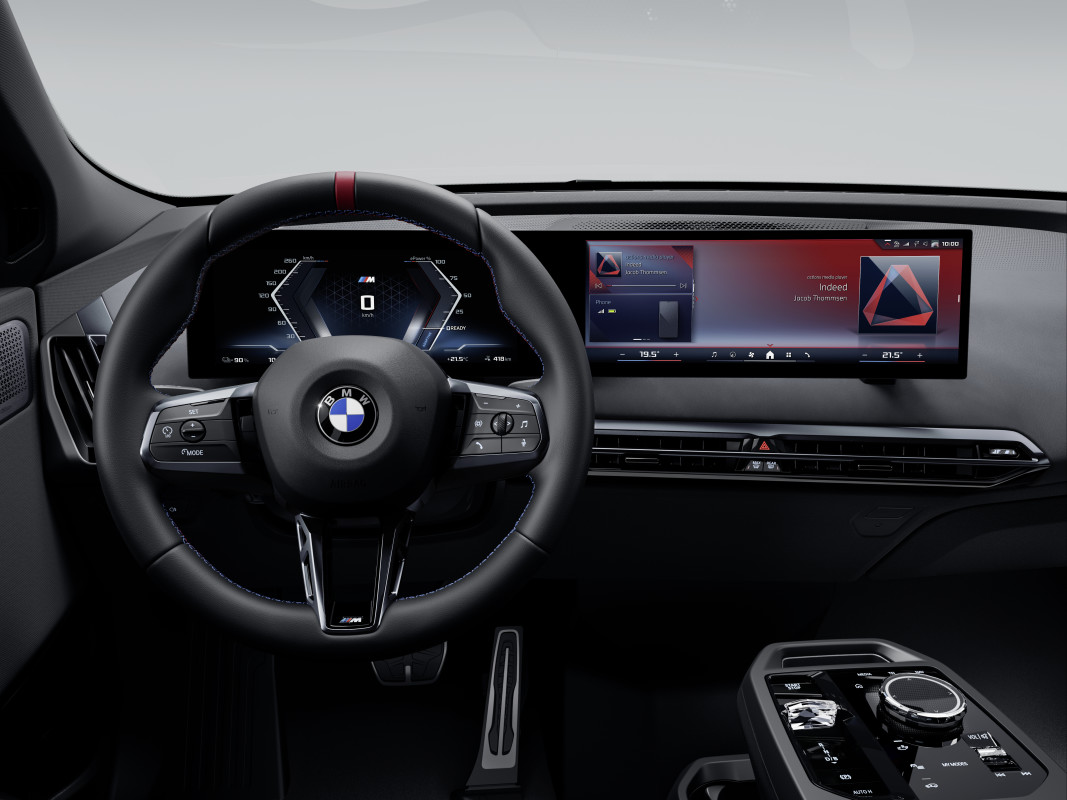Range is a prevailing concern among EV buyers. The Tesla Model Y and Model 3 are among the top-selling EVs because they offer great range at an approachable price.
In a recent interview, BMW’s head of research and development, Frank Weber, said the automaker was against larger batteries with more range for its EVs. That may sound counterintuitive, but Weber has a strong case, and BMW sales back him up.
BMW
Related: Volkswagen has a plan to turn things around
How BMW feels about EVs right now
Automotive News asked Weber about his thoughts on larger batteries in BMW EVs. Weber quipped, “You cannot make batteries bigger and bigger because EVs don’t make sense anymore. There is a lot of talk around building EVs with way more than 621 miles of range, but why would you do this?”
For context, 621 miles is 1,000 kilometers, an imagined threshold many have designated as the “holy grail” for range.
“From the data we have, only very few people travel distances of several hundred kilometers with an EV,” Weber added, suggesting that while we wring our hands about the range that EVs are capable of delivering, most of us largely use EVs to commute.

BMW
Where BMW is headed with its EV lineup
BMW’s Neue Klasse will soon hit production lines. Within those vehicles lies BMW’s Gen6 battery technology, which increases battery density by over 20 percent. This also supports Weber’s point that a denser battery is just as good at delivering increased range as a bigger battery.
Moreover, Gen6 batteries support 30 percent faster charging times, adding nearly 200 miles of range in 10 minutes with DC fast charging. EVs developed on BMW’s Neue Klasse platform will also see a 30 percent increase in overall range on a single charge.
Naturally, Neue Klasse vehicles are designed to maximize range, with the automaker’s latest Vision Neueu Klasse X SUV concept sporting a 20 percent lower drag coefficient than existing models.
Related: Mitsubishi vs Nissan – the two least expensive vehicles you can still buy in the USA
Is BMW right about EVs?
In 2024, BMW offered four distinct electric vehicles for customers to choose from. The company sold over 50,000 EVs in 2024, led by the stellar i4.
Sales of i4 and i5 EVs increased year over year by 3.6 percent and 310.8 percent, respectively. Granted, the i5 wasn’t available for all of 2023, which explains its impressive percentage increase. i7 sales rose 0.9 percent, and the iX saw its sales dip 11.1 percent compared to 2023.
Weber claims BMW customers appreciate the automaker’s EV designs, which are far more like “traditional” ICE vehicles than futuristic EVs.

BMW USA
Final thoughts
BMW’s Gen6 batteries are the same cylindrical cells found in Tesla, Rivian, and Lucid vehicles, all of which are well-regarded for their range. With this battery style and the new manufacturing process for building and including these batteries in vehicles, BMW believes it can become more competitive in the EV space.
Like many automakers, BMW is blazing a trail into the EV realm. BMW invests heavily in research and development and is keen to revamp its factories to meet the demands of customers looking to buy EVs.
While it’s strange to say larger batteries aren’t a good idea – mainly because Gen6 batteries won’t hit production lines until late 2025, and we won’t see them stateside until 2026 – Weber and BMW are also telling us Gen6 batteries will be incredible. We’re inclined to trust that.
Love reading Autoblog? Sign up for our weekly newsletter to get exclusive articles, insider insights, and the latest updates delivered right to your inbox. Click here to sign up now!
Related: Thinking about buying a Toyota RAV4? Here are other top choices to consider